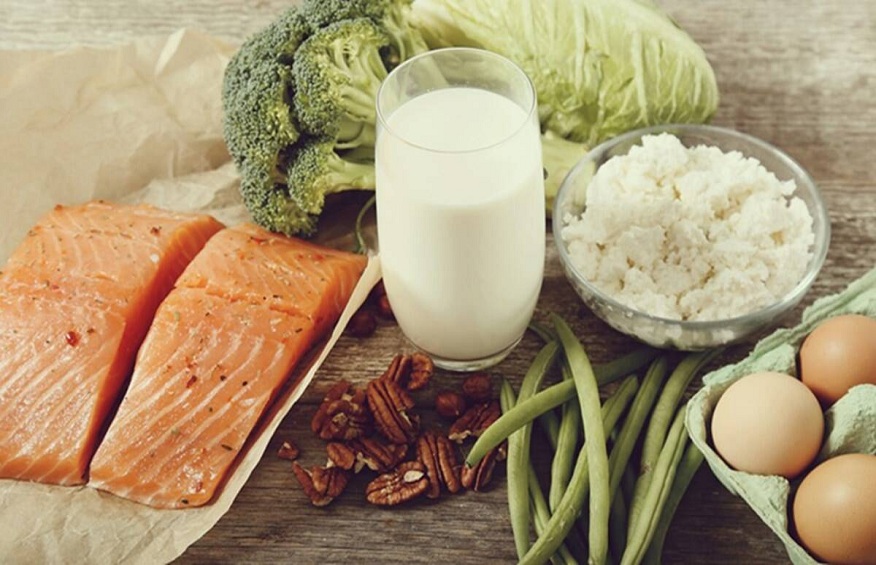Vitamin D is an important nutrient we consume and a hormone our bodies produce. This fat-soluble vitamin is known to help our bodies absorb and retain minerals like calcium and phosphorous, both are which important for building bones. Some studies have also shown that vitamin D can help reduce cancer cell growth, reduce inflammation, and control infections.
The Recommended Dietary Allowance for vitamin D is about 600 IU (15 mcg) daily for men and women over 19 years old. For adults over 70 years old, it is 800 IU (20 mcg) daily. If you’re unsure of how to get enough vitamin D, we share tips and great sources of this nutrient!
Sunlight
Vitamin D is known as the sunshine vitamin as you can get most of it from the sun! It’s recommended to get about ten minutes of sunlight exposure daily to get your fix of vitamin D.
However, the amount of vitamin D you receive will depend on several factors, including:
Your skin tone and age
Where you’re from and the current season
The clothing and sunscreen you wear
1. Fatty Fish and Seafood
Two of the richest natural food sources of vitamin D are fatty fish and seafood. 100 grams of canned salmon can give you up to 50% of the recommended daily amount of vitamin D!
We recommend consuming more tuna, mackerel, sardines, anchovies, oysters, or shrimp, which are high in vitamin D and omega-3 fatty acids.
2. Mushrooms
If you are a vegetarian who doesn’t consume meat, then increase your mushroom intake, which is the only vegetarian source of vitamin D. Just make sure that you purchase mushrooms from a trusted supplier to avoid consuming poisonous varieties!
3. Egg Yolks
Egg yolks are an excellent source of vitamin D you can easily add to your diet! We recommend getting free-range and pastured eggs, which offer a good amount of vitamin D.
Surprisingly, eggs may have differing amounts of vitamin D depending on the chicken feed given, the amount of sunlight that chickens are exposed to, and other factors.
4. Fortified Foods
There are only a few foods that contain high vitamin D levels, which is why the nutrient is added to staple foods through a process called fortification. You can find vitamin D-fortified foods like:
Cow’s milk
Plant-based alternatives
Orange juice
Ready-to-eat cereals
Yogurt
Tofu
Unsure if a food is fortified with vitamin D? Just check the ingredient list!
5. Supplements
For many people, it may be important to take a vitamin D supplement from brands like Designs for Health at Supplement First. Sometimes, diet isn’t enough, nor can everyone get enough sunlight.
But before you purchase supplements from brands like Pure Encapsulations in Supplement First, make sure you speak with your doctor to receive advice on what supplements to take and how much of it you need.
Wrapping It Up
Start taking the appropriate steps to take enough vitamin D for optimal health!

